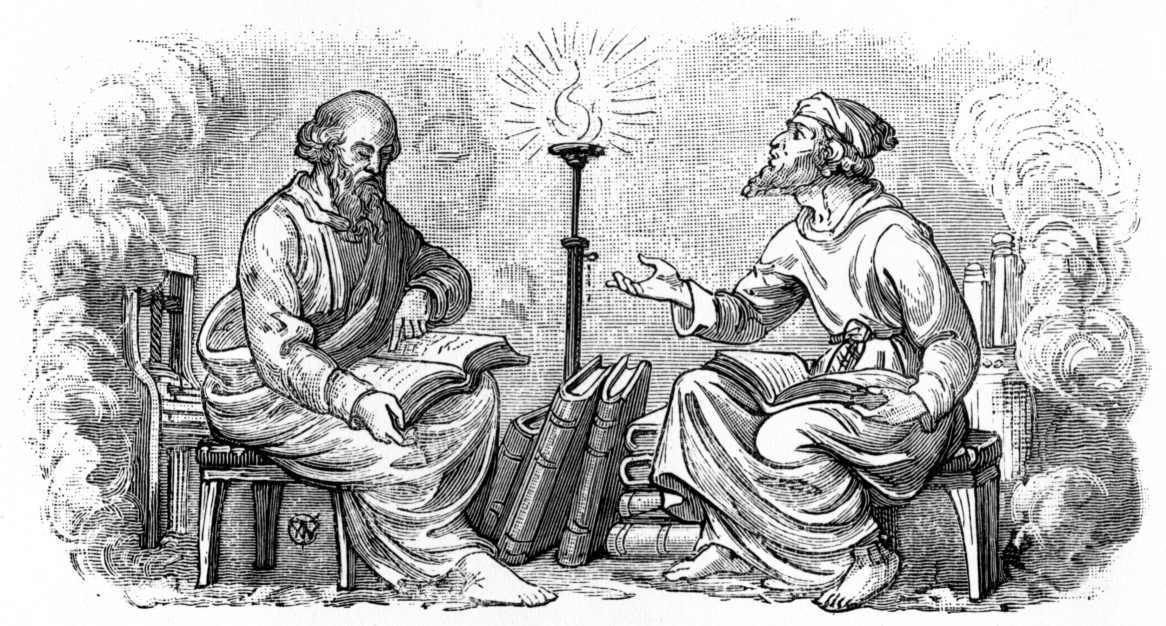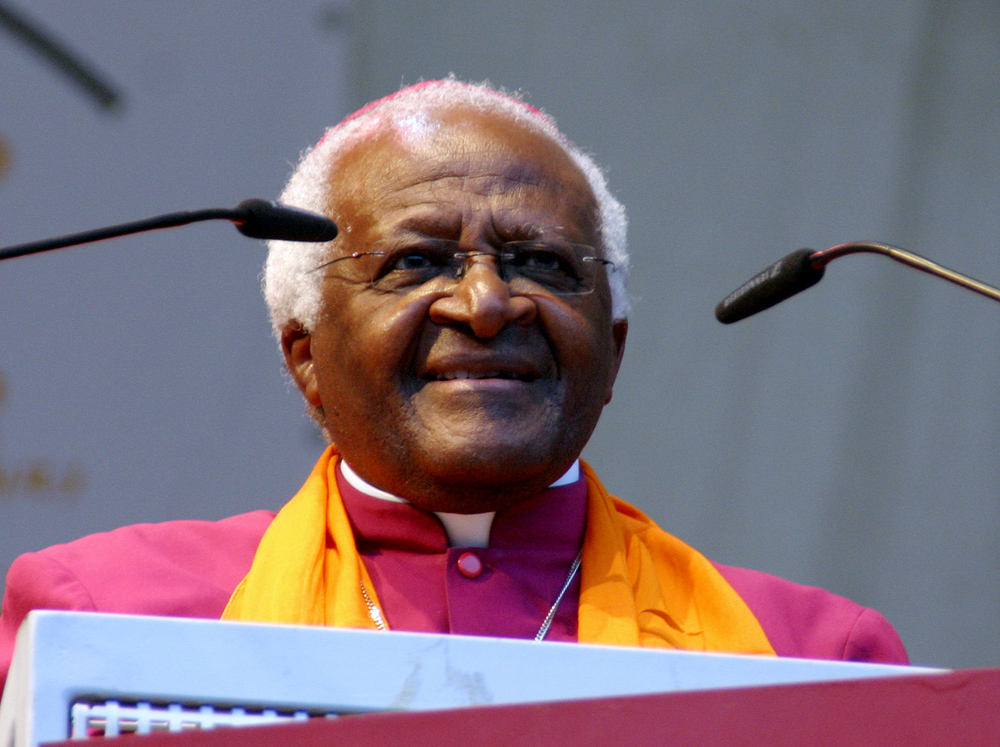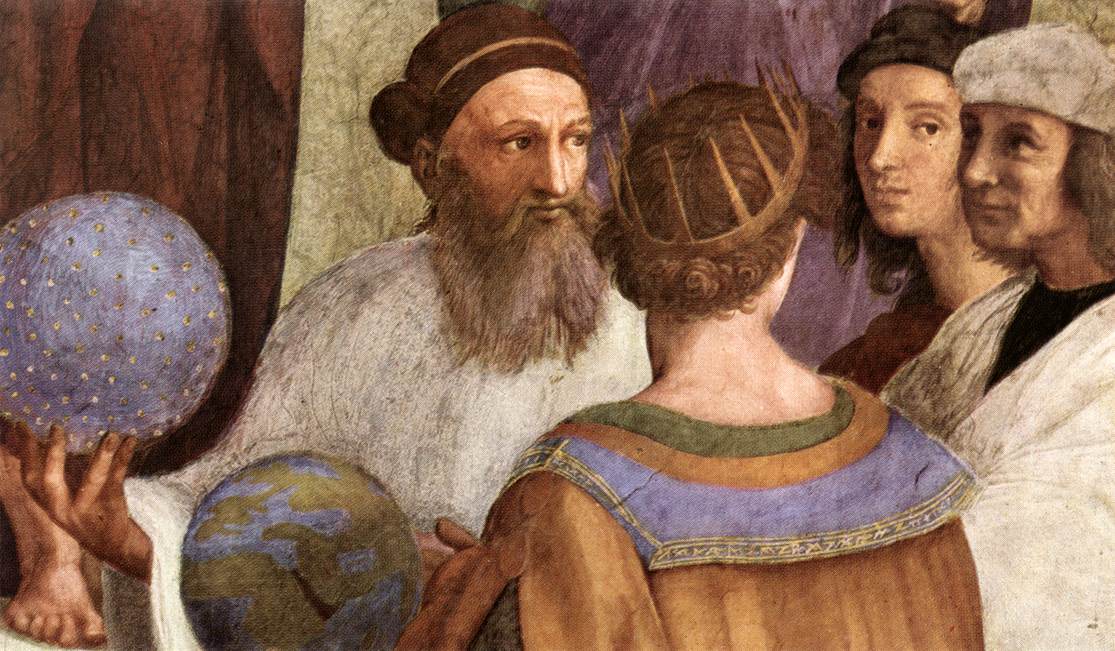 |
| St George's Anglican Church in Lisbon |
As I prepared to write this article, I went to pour a glass of wine. When I returned to my study, my television had turned itself on. In a black and white movie, the actor was playing a violin, surrounded by children singing, Hark! The Herald Angels Sing. I immediately retold the story to my local padre, an Anglican priest and army chaplain who leads our RSL services. He remarked that it was clearly a sign that I must not be a doubter and that I must tell my story truly and well.
My latest in The Spectator Australia, Our Anglican tradition, and a bit with a possum.
Our Anglican tradition, and a bit with a possum | @FlaneurPolitiq
— The Spectator Australia (@SpectatorOz) January 6, 2025
Identity politics has infiltrated the Anglican tradition. The meaning of the stained-glass window depicting Sir Galahad is disappearing along with veterans.
Christians are disappearing.https://t.co/4nAaELoiyA
 Donate
Donate




















_Vatican_Museums-DSC_0206.jpg)




